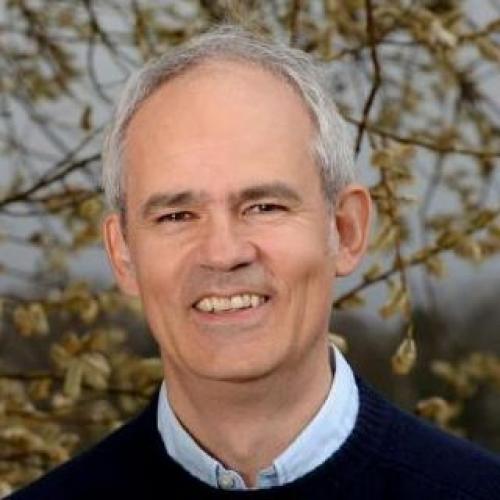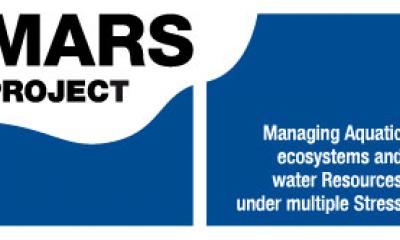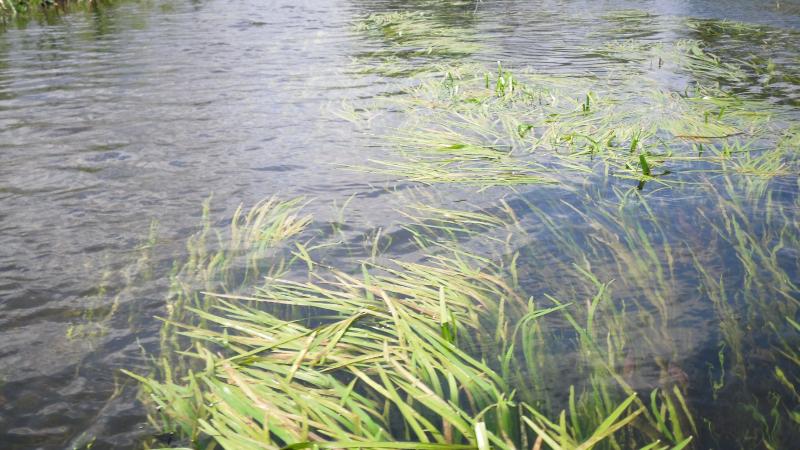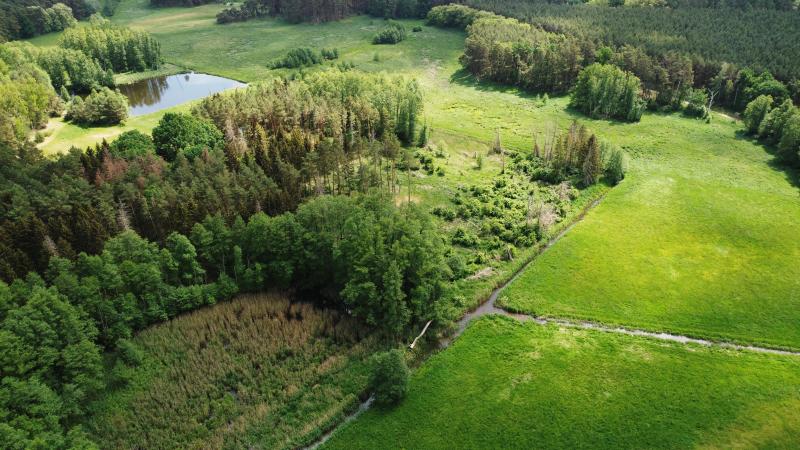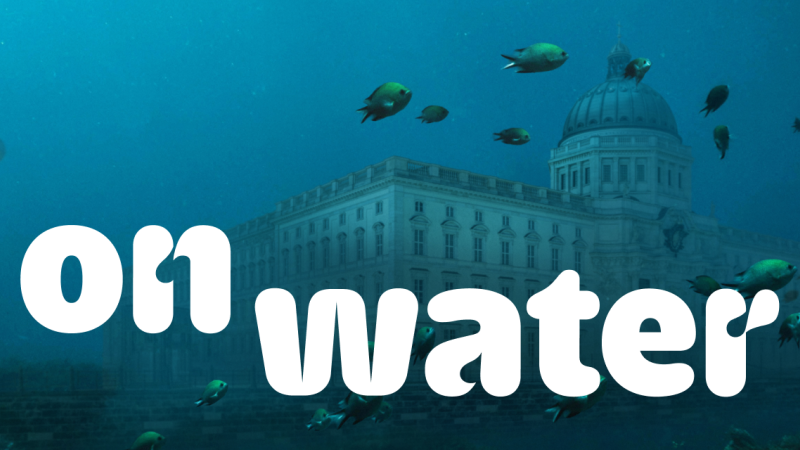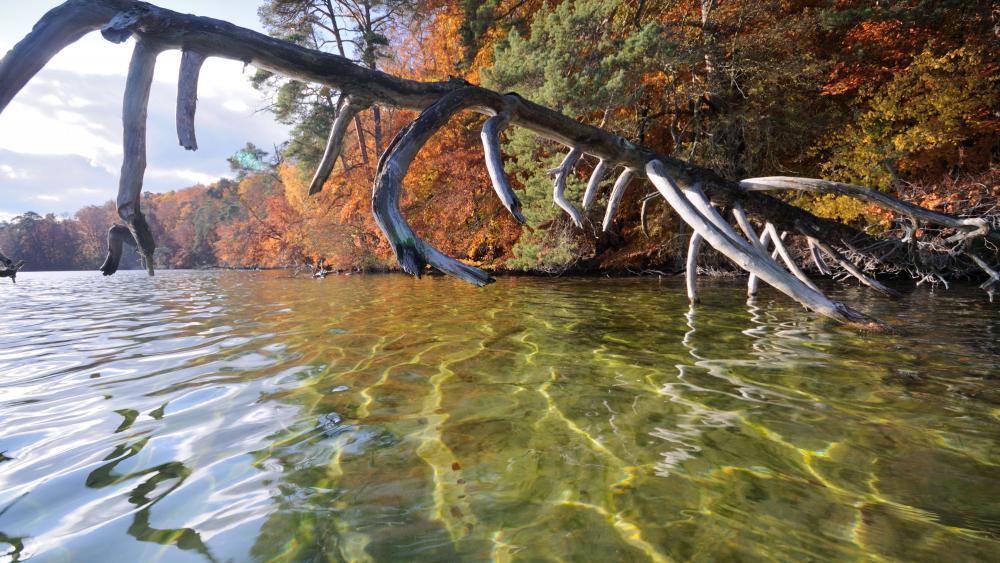
The Stechlinsee was a research object in the MARS project. I Photo: Michael Feierabend
The MARS researchers investigated how two or more pressures affect and interact with each other in water bodies. The investigations were carried out under the direction of the University of Duisburg-Essen (Dr. S. Birk and Prof. Dr. D. Hering) and in collaboration with IGB scientists Prof. Dr. Mark Gessner (head of the LakeLab) und Dr. Markus Venohr (Modelling of nutrient loads: MONERIS)
The MARS researchers investigated how two or more pressures affect and interact with each other in water bodies. The investigations were carried out under the direction of the University of Duisburg-Essen (Dr. S. Birk and Prof. Dr. D. Hering) and in collaboration with IGB scientists Prof. Dr. Mark Gessner (head of the Seelaboratory) and Dr. Markus Venohr (modelling of nutrient inputs: MONERIS)..
The researchers investigated lakes and running waters throughout Europe. They carried out field experiments, for example in Lake Stechlin near Berlin, and modelling of algae growth in the Elbe. The synthesis shows that nutrient Inputs pollute lakes and running waters more than rising temperatures or dwindling water. "On average, lakes contain too many nutrients, mainly nitrogen from agriculture and phosphorus also from urban systems," explains Dr. Markus Venohr.
Sometimes, however, other environmental factors can also dominate. "Browning of lakes due to the input of humic substances, which are washed out of the catchment areas as a result of increased precipitation due to climate change, is one such case," adds Prof. Gessner. In flowing waters, however, it is often possible to see how stressors act together. If two of them, for example temperature increases and wastewater discharges, reinforce each other, sustainable water management is only possible if both are reduced or mitigated at the same time. This is because the combined effect of several pressures is sometimes much greater than the sum of the individual impacts. In such cases, the nature and scope of the necessary management measures are often misjudged in current practice.


